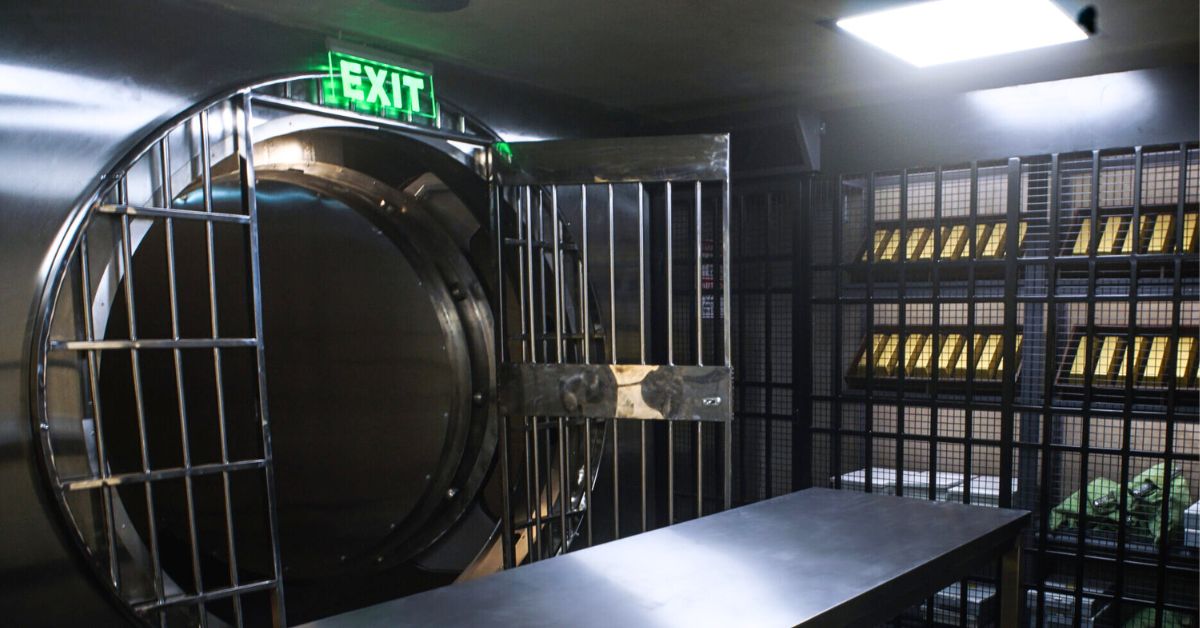Team building today – more than a mandatory group dinner
Team-building activities today mean much more than a mandatory dinner or a “we have to do something together” type of event. In the workplace, effective cooperation, good communication and steady motivation are just as important as professional skills. And these cannot always be strengthened in a quick meeting or a Monday morning check-in.
For team building to truly work, it helps to understand why the usual, routine programmes often fail, and why they do not bring the expected results.
Why traditional team-building activities don’t work
Many people roll their eyes when they hear the word “team building.” It’s understandable. Most of us have experienced the typical, template-like programmes that start with good intentions but have no real effect on how the team works.
Think of the “mandatory” group dinner. People chat politely, but there is no real connection. The same is true for motivational talks or quick trainings that are meant to smooth over workplace tensions. The next day everything goes back to normal.
These traditional team-building methods fail because they do not address the real problems. They can be pleasant, but they don’t create situations where the team must think together, react together or adapt to something new. You don’t see how someone communicates under light pressure, what roles people naturally take, or what strengths could be used in daily work. Without this, the experience — no matter how enjoyable — does not lead to real development.

Effective team building creates controlled, safe, but realistic interactions. These situations reveal natural team dynamics: who suggests what, how people communicate, how they support each other and how they handle unexpected challenges. A well-designed programme offers more than fun. It provides real insight and builds real cohesion.
This is why it’s important not to organise “just anything,” but to choose a programme with a clear purpose. One that naturally encourages cooperation. These are the experiences that make a lasting impact on how the team works.
5 situations when your team really needs team building
1. When new team members arrive
A new colleague’s integration depends heavily on how the team welcomes them. Shared experiences, playful tasks and relaxed conversations help break the ice. They encourage natural communication from day one. An engaging, experience-based activity — like an escape room — can be a great first programme.

2. When communication is weak or only looks good on the surface
Sometimes everyone works “together,” but in reality they just work next to each other. There is no conflict, but there is no real cooperation either. When colleagues don’t know each other well, misunderstandings and inefficiency follow. A shared problem-solving task, even in a playful but slightly challenging environment, quickly brings strengths to the surface and energises communication.
3. When turnover is high
Employee retention is now a strategic issue. Everyday atmosphere plays a major role in whether people stay. If the team changes often, it’s essential to offer experiences that strengthen the bond with the organisation. A good team-building activity reduces tension, prevents burnout and provides a positive, shared memory that formal meetings can’t offer.
4. Before major changes — new projects, new goals, new challenges
When the team faces a demanding project or a difficult goal, it helps to strengthen relationships beforehand. A shared experience aligns thinking, increases willingness to cooperate and makes later teamwork easier.
5. When motivation needs a boost
Every team needs a bit of new energy from time to time. Interactive and playful programmes do exactly that — especially if the day ends with a shared pizza or a cocktail together. This combination pulls the team out of routine and gives them a fresh start.
When and how often should you plan team-building activities?
The effectiveness of team building does not depend on how many days it lasts. What matters is how well it is structured. You don’t need a full-day or multi-day retreat. In many cases, a focused one-day or even half-day programme works best.
One event per year already strengthens cohesion. But the ideal rhythm is two or three sessions a year. In spring or autumn, the programme can give focus and momentum. In summer or December, a lighter, more relaxed activity works well as a form of reward or celebration.

Make sure the programme has a clear structure
Shorter team-building sessions work best when they follow a clear arc. Start with an experience-based activity or game. This naturally brings out cooperation, communication patterns and team dynamics. After this comes the reflection phase, which is just as important as the activity itself. This is the moment to talk through insights, connect the experience to everyday work and reinforce the positive group feeling.
A key factor is avoiding a break in momentum between the activity and the reflection. If the team has to travel far, scatter or drive across the city to find a place to sit down, the energy drops. The dynamic breaks.
This is why it’s ideal if the follow-up happens nearby — or even on-site. A restaurant or bar right next to the activity allows the team to continue the experience without interruption. The energy built up during the game flows naturally into the relaxed conversation. This seamless transition is what gives the programme its real value.






